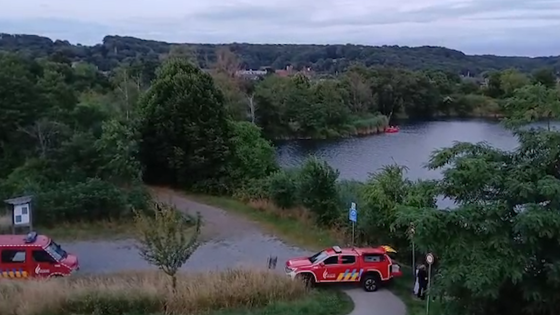A 27-year-old man from Ghent has amassed an alarming record of 31 convictions, nearly 14 years in prison sentences, and fines totaling €144,000 due to persistent illegal driving. Despite lacking a valid driver’s license, he repeatedly showed dangerous behaviour on Belgian roads. This troubling pattern culminated in a court ruling on 25 May 2025-07-03 11:41:00, when the judge ordered his immediate arrest and imprisonment.
- 27-year-old convicted 31 times, fined 144,000 euros
- Repeatedly drove without valid license, ignored rulings
- Court ordered immediate detention after last conviction
- Lawyer requests new chances, highlights personal struggles
- Man seeks help, plans debt management assistance
- Judge imposes fines, driving bans, reduces jail time
His lawyer, Sarah Zaman, explains the man was unaware of many sentences and is now trying to rectify his situation. The court is currently reviewing several cases in his presence after he filed appeals against previous convictions. This ongoing legal process highlights the challenges Belgium faces in enforcing road safety laws effectively.
What does this case mean for road safety enforcement in Belgium? And how can the system better prevent repeat offenders from endangering others? The answers lie in examining the judicial response and the man’s personal circumstances, which may offer insight into prevention strategies.
Is the current legal approach enough to deter habitual offenders? This case raises important questions about balancing punishment and rehabilitation:
- The man’s repeated offences show a failure to comply with driving bans.
- His personal struggles, including family breakdown and financial issues, influenced his behaviour.
- Legal appeals delay final verdicts but allow for reconsideration with the offender present.
- The court’s decision to soften prison terms aims to offer hope and encourage rehabilitation.
Moving forward, Belgium must strengthen enforcement and provide better social support to prevent similar cases. Will stricter penalties combined with rehabilitation programs finally deliver safer roads? The coming court sessions will be crucial in shaping future policies.

































